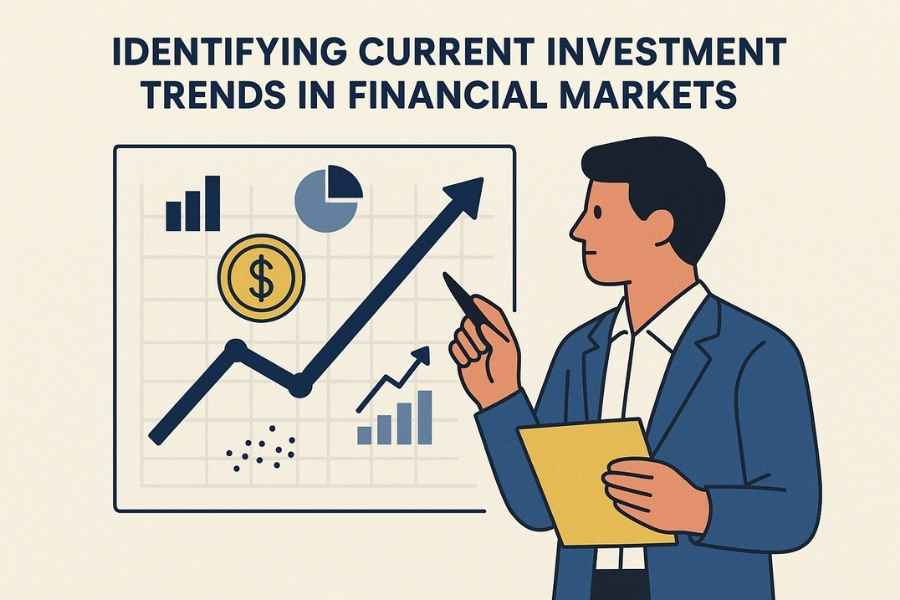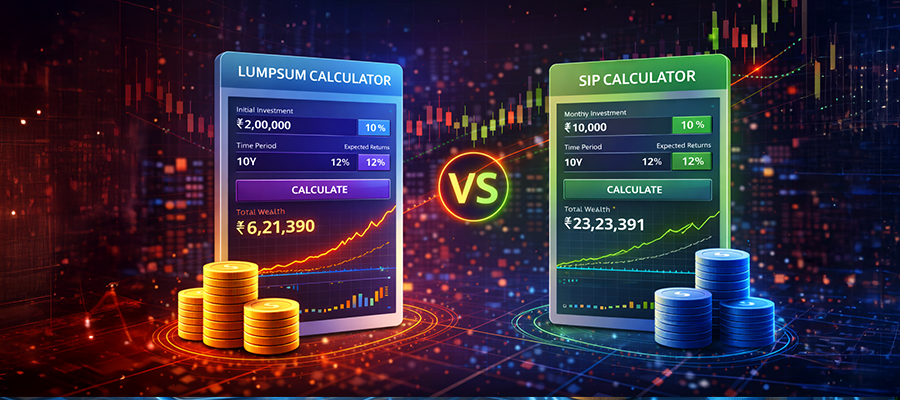The monetary markets are constantly evolving, pushed by adjustments in technology, monetary conditions, and investor sentiment. Understanding present-day funding developments is important for buyers looking to navigate those markets correctly. Navigating the complexities of current investment trends can be enhanced through platforms like Go stablecapital-pro.com, an investment education firm connecting traders with educational experts, offering insights that align with the evolving financial landscape.
The Rise of Sustainable Investing
Sustainable making an investment, also known as Environmental, Social, and Governance (ESG) investing, has received sizeable traction in recent years. Investors are increasingly thinking about the moral implications of their investments and are searching out opportunities that align with their values.
Environmental Factors:
With growing issues regarding climate trade, investors are focusing on companies that show strong environmental stewardship. This includes corporations concerned with renewable electricity, electric motors, and sustainable agriculture.
Social Responsibility:
Companies that prioritize social duty, which includes those selling ranges and truthful hard work practices, are getting more appealing to buyers. Socially responsible investing (SRI) funds have seen big inflows as investors search for guidance from corporations that definitely affect society.
Governance:
Good company governance, together with transparent management and accountability, is a key consideration for ESG traders. Companies with sturdy governance practices are perceived as less volatile and much more likely to supply long-term fees.
The impact of digital currencies
Digital currencies, particularly cryptocurrencies like Bitcoin and Ethereum, have transformed the monetary landscape. These virtual properties have moved from being area of interest investments to becoming extra mainstream, attracting institutional and retail traders alike.
Bitcoin as Digital Gold:
Bitcoin is frequently known as “digital gold” due to its perceived store of value. Investors view Bitcoin as a hedge in opposition to inflation and monetary uncertainty, just like gold has traditionally been used.
Decentralized Finance (DeFi):
The upward thrust of decentralized finance platforms has introduced new methods for investors to earn returns via lending, staking, and liquidity provision. DeFi systems are hard conventional economic structures that supply decentralized alternatives to banking and monetary offerings.
Regulatory Developments:
As cryptocurrencies gain reputation, regulators are increasingly focusing on this quarter. Investors have to stay knowledgeable about the regulatory changes that could impact the value and legality of virtual belongings.
The Growth of Technology Stocks
Technology stocks had been a dominant force in the economic markets, especially in the aftermath of the COVID-19 pandemic. Companies in the region have benefited from the extended digital transformation throughout industries.
Big Tech Dominance:
Companies like Apple, Amazon, Google, and Microsoft have seen their stock costs leap, reflecting their important role in the international economy.
Emerging Technologies:
Investors are also eager for emerging technologies, including artificial intelligence (AI), cloud computing, and cybersecurity.
Valuation Concerns:
While technology stocks have added magnificent returns, there are concerns about their excessive valuations. Some traders worry that the market may be in a bubble due to accelerated scrutiny and a more careful approach to making an investment in tech shares.
The Popularity of Alternative Investments
Alternative investments, which include belongings like actual estate, personal fairness, hedge price ranges, and commodities, are gaining recognition as investors are looking to diversify their portfolios and reduce reliance on conventional shares and bonds.
Real Estate:
With low interest charges and a desire for tangible assets, investors are more and more searching for actual estate possibilities, consisting of residential, industrial, and business homes.
Private Equity and Venture Capital:
Investors are allocating extra capital to personal fairness and task capital price ranges, attracted with the aid of the capacity for excessive returns in early-stage groups.
Commodities:
Commodities like gold, silver, and oil are also seeing renewed interest. Commodities are regularly regarded as a hedge against inflation and may provide diversification in a portfolio.
The Influence of Global Macroeconomic Trends
Factors such as interest rates, inflation, and geopolitical tendencies can impact monetary markets and have an effect on investor behavior.
Inflation Concerns:
In response, traders are searching for belongings that could guard against inflation, such as real property, commodities, and inflation-connected bonds.
Interest Rate Policies:
The central bank’s interest charge guidelines are closely watched by traders. Low-interest prices have driven the search for yield, pushing buyers into riskier assets.
Geopolitical Risks:
Geopolitical activities, inclusive of trade tensions, elections, and conflicts, can create uncertainty in monetary markets.
Conclusion
The economic markets are stimulated by a huge range of trends, from the upward push of sustainable investment to the impact of digital currencies and the boom of era shares. Investors ought to stay informed about those developments and alter their strategies accordingly. Whether through sustainable making an investment, exploring opportunity investments, or leveraging FinTech improvements, know-how and adapting to modern-day investment tendencies are crucial for achieving lengthy-term success within the ever-evolving monetary markets.




